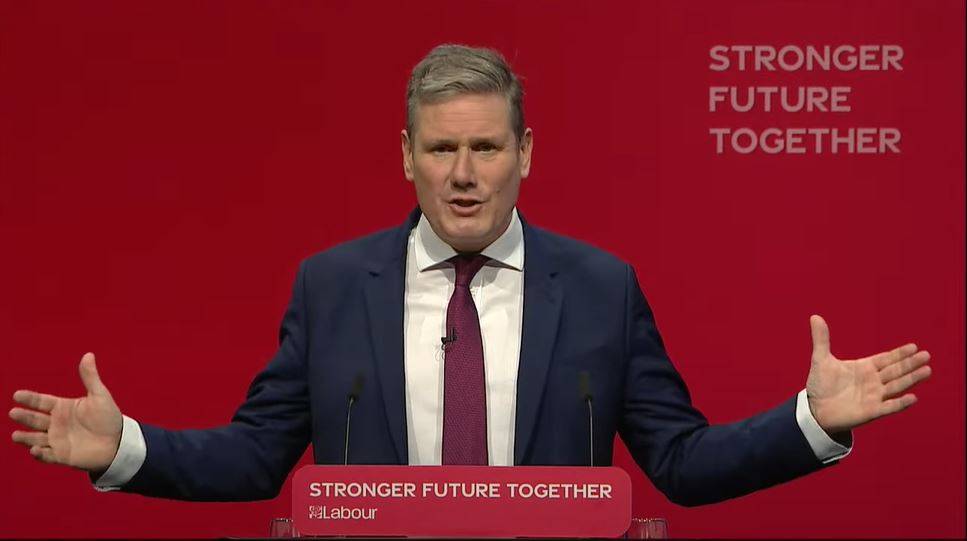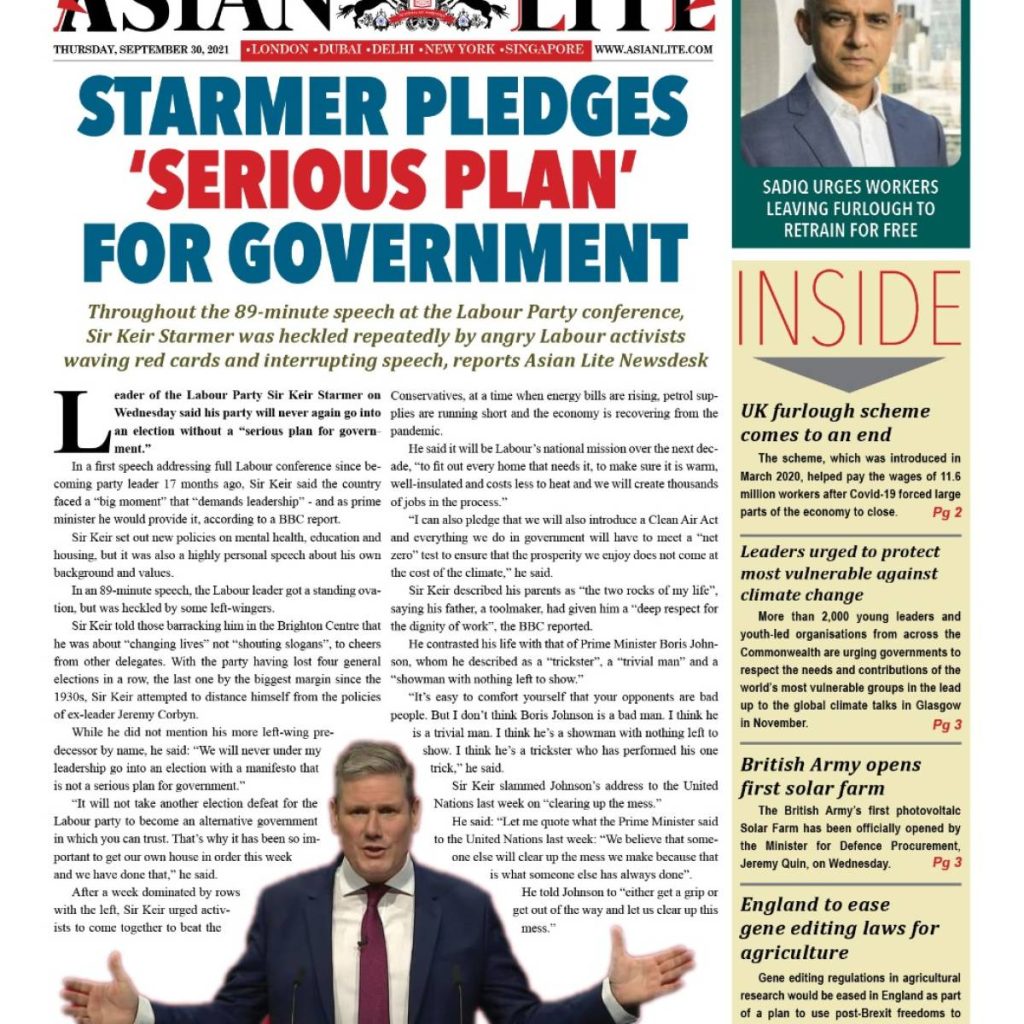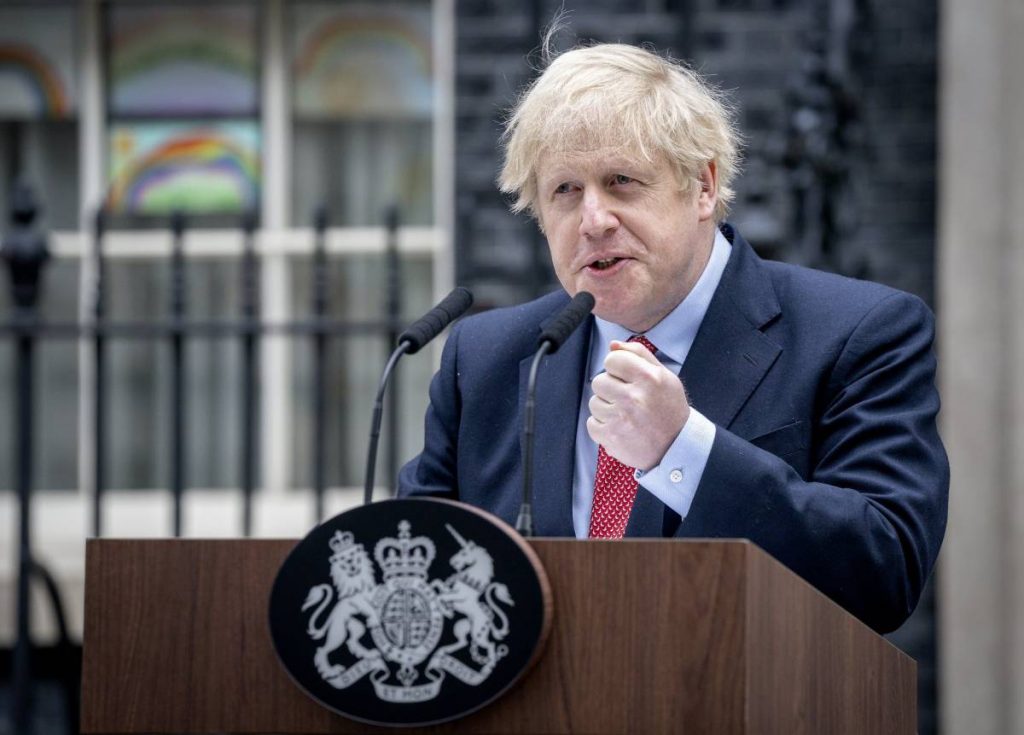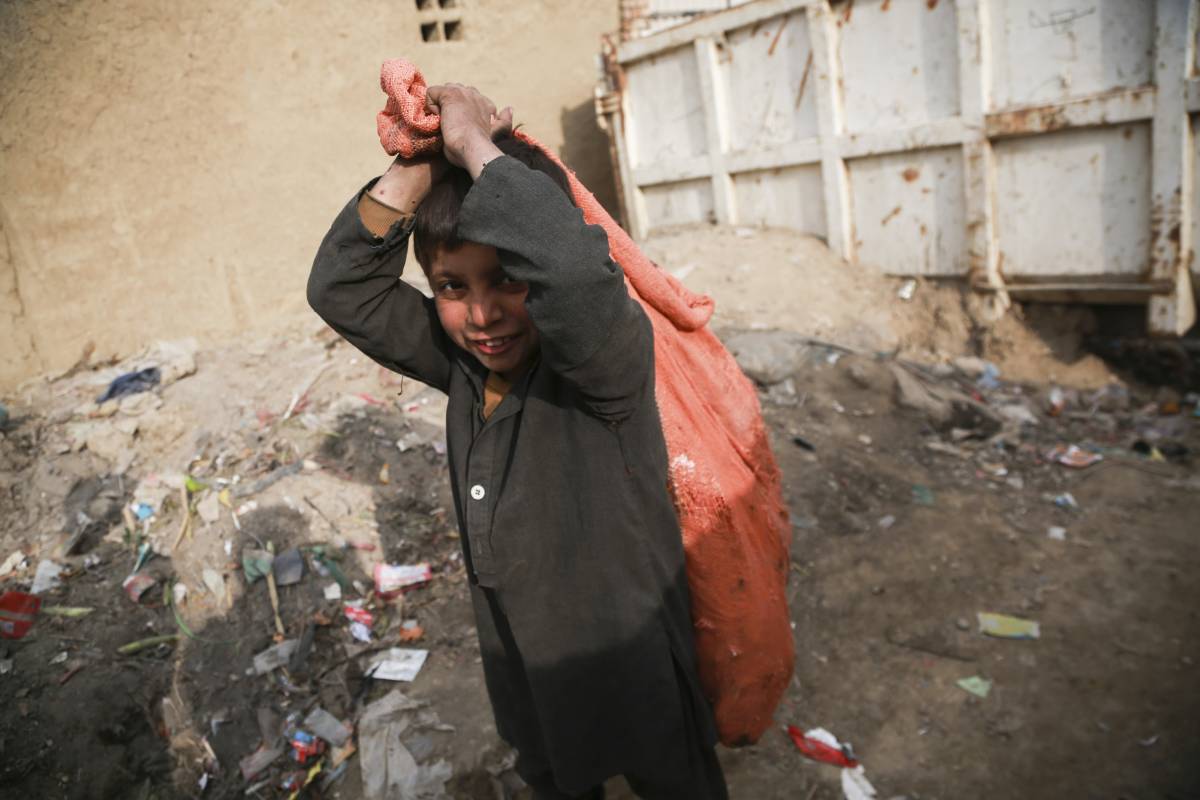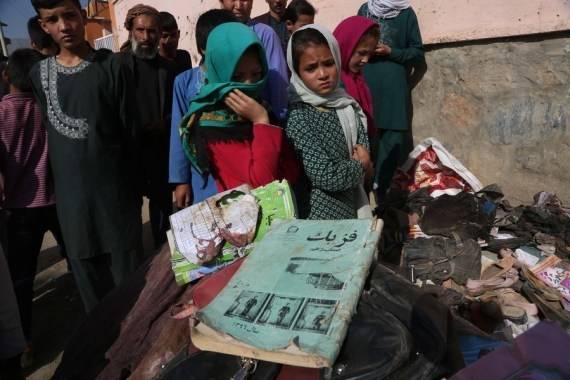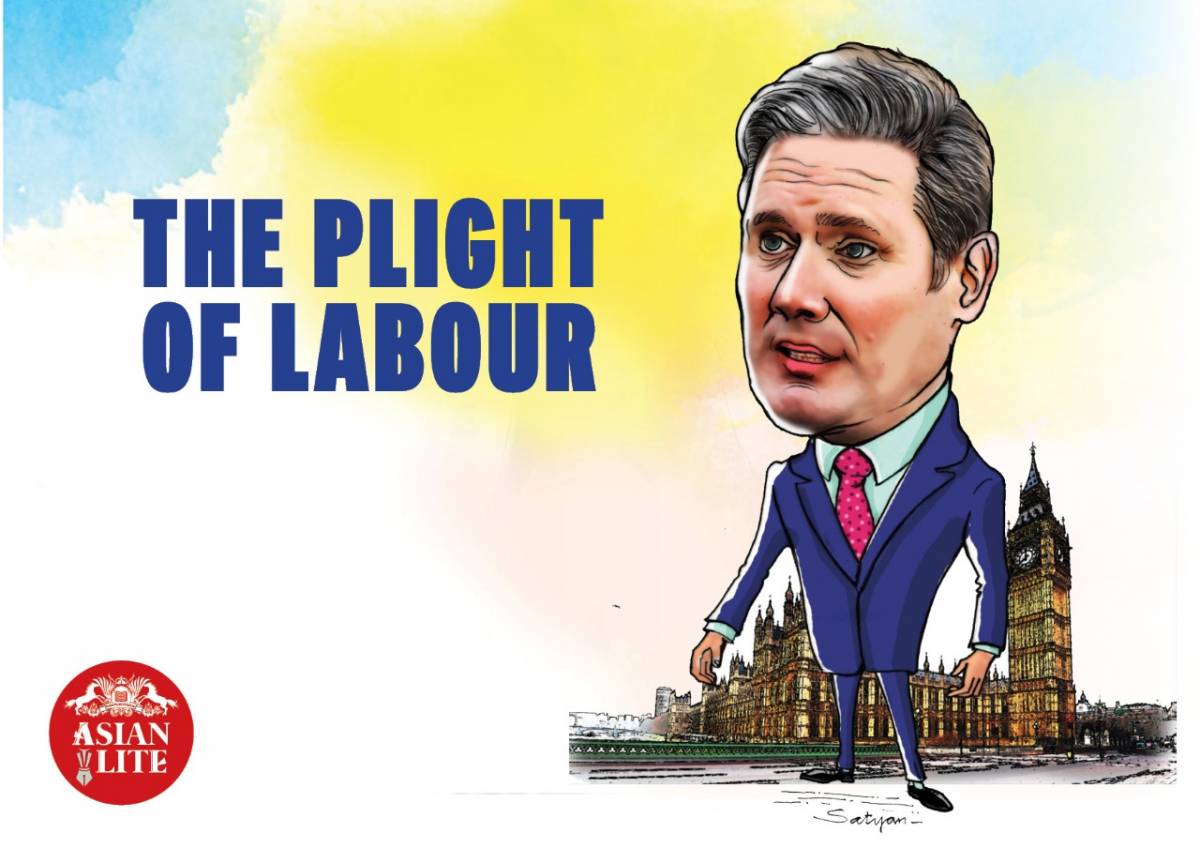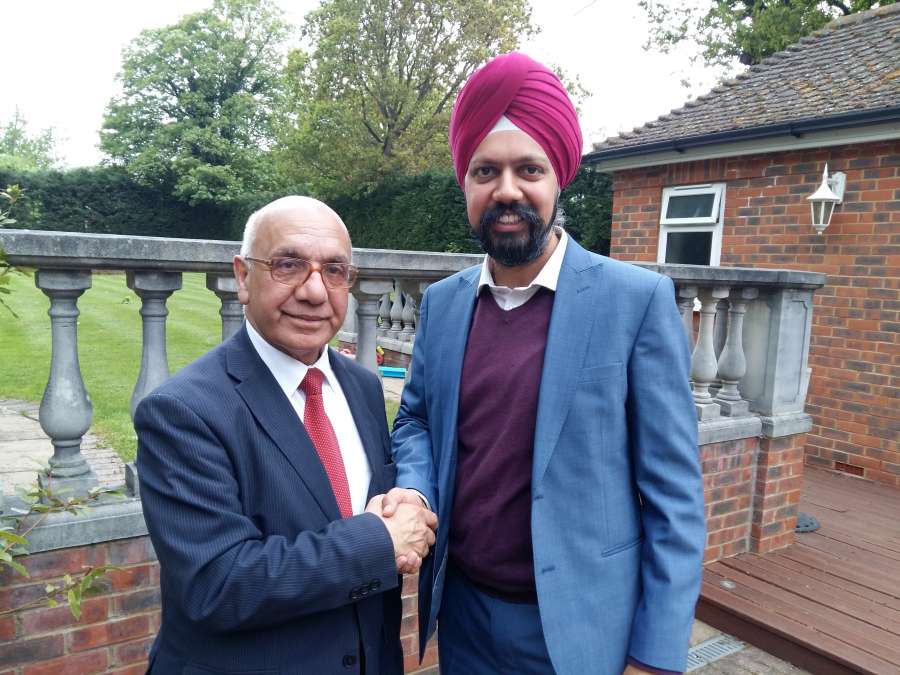In a radical shift for the UAE’s employment market, a new Labour Law has come into effect today, February 2…reports Asian Lite News.
The amended labour laws, which were first outlined by the government in November, strengthens employees’ rights.
Over 3,420,000 Indian expats are estimated to be living in the UAE, which is over 38 percent of the total population of the UAE. A sizeable population are in the labour market, and this comes as especially good news for them, as the new law would protect them from harassment and the unlawful seizure of documents.

An outline of the new labour law
The new law’s amendments stipulate employers may not use any means of force against workers or use threats of penalty to make them work against their will.
The law also prohibits sexual harassment, bullying or any verbal, physical or psychological violence against workers by their superiors or colleagues and any type of discrimination based on race, colour, sex, religion, nationality or disability.
The amendments aim to ensure women’s equality and prohibit any discrimination against them, ensuring women should receive the same wage as men for the same work or for a job of equal value.
Moreover, the law introduces new work models to meet employers’ needs for workers and reduce costs, including full-time, part-time, temporary and flexible work models.
The new law further stipulates that the term of fixed employment contracts must not exceed three years, which could be extended or renewed for similar or shorter periods any number of times.

Paid leave, compensation, and housing
The law stipulates workers are entitled to one paid leave day every week, with the possibility of additional weekly leave days upon the company’s own discretion, and introduces a five-day or a three-day paid bereavement leave, in addition to the five-day parental leave.
The law’s amendments include an article stipulating citizen workers are entitled to an end-of-service compensation upon the end of their service, in line with legislation regulating pensions and social security in force in the country.
The law regulates the duties of employers, such as providing adequate housing, means of prevention, and capacity and skills development training.
ALSO READ: UAE to roll out its first-ever corporate tax
Working hours and sustainability
Moreover, the law also regulates the duties and responsibilities of employees, such as respecting working hours, maintaining good ethics and behaviour, and seeking to improve their professional skills.
The new law represents progress in the efforts to improve the national labour market’s sustainability.
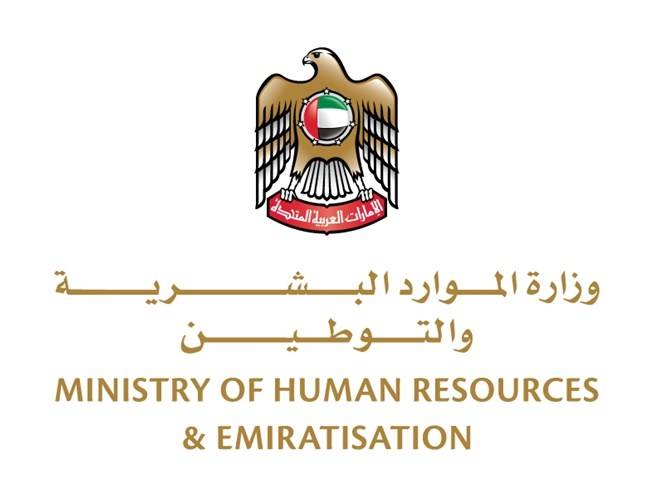
Labour statistics
Recent statistics issued by the Ministry of Human Resources and Emiratisation revealed the number of registered private sector workers totalled 4,903,612 at the end of 2021, with the 30 to 34 age group being the most employed, followed by the 35-39 and 25-29 age groups.
The number of private sector facilities registered with the ministry at the end of 2021, excluding companies in free zones, amounted to 373,966, an increase of 22,999 compared to 2020.
According to statistics, the construction sector leads in terms of the number of workers, amounting to 1,301,359, followed by the trade sector.



